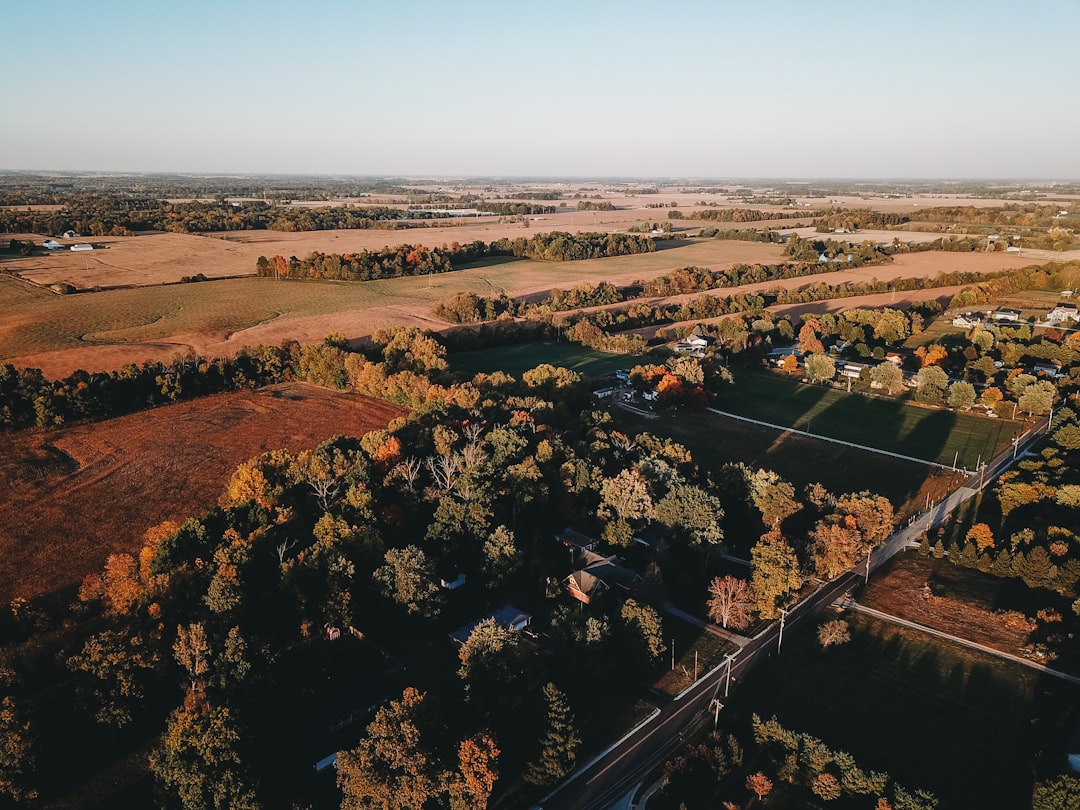Indiana's TCPA strictly regulates autodialers and prerecorded messages in telemarketing. Businesses must obtain prior consent, adhere to guidelines, and consult with specialized autodialer lawyers to avoid legal issues. An effective policy involves defining use scope, establishing consent rules, training employees, securing data, and monitoring calls. Lawyers ensure compliance, protect consumers, and draft policies that balance outreach and adherence to TCPA regulations, including do-not-call lists and call timing restrictions. Selecting experienced autodialer lawyers in Indiana is crucial for navigating complexities, avoiding lawsuits, and maximizing the benefits of autodialing while adhering to state law.
Creating an effective autodialing policy in Indiana is crucial to ensure compliance with state telemarketing laws and avoid legal pitfalls. With the rise of automated calling technologies, businesses must navigate complex regulations to maintain consumer privacy and protect their reputation. This comprehensive guide explores key aspects, from understanding Indiana’s specific rules to implementing best practices and addressing common challenges. Discover how choosing the right autodialer lawyer in Indiana can provide expert guidance, ensuring your policy stands up to scrutiny while maximizing business success.
Understanding Indiana's Telemarketing Laws and Regulations for Autodialers

Indiana has specific laws and regulations in place to protect consumers from unsolicited phone calls, particularly those made by autodialers. For businesses or individuals using an autodialer in Indiana, it’s crucial to understand and comply with these rules. The state’s Telephone Consumer Protection Act (TCPA) regulates telemarketing practices, including the use of automatic dialing systems. This act prohibits the use of prerecorded messages and automated dialers for marketing purposes without prior express consent from the recipient.
Autodialer lawyers in Indiana can guide you through these regulations to ensure your business practices are compliant. They can help draft consent forms, establish do-not-call policies, and monitor call records to protect both your organization and consumers from potential legal issues or fines. Engaging an autodialer attorney in Indiana is a proactive step towards navigating the complex landscape of telemarketing laws and ensuring smooth operations.
Crafting a Comprehensive Autodialer Policy: Key Components

When crafting an effective autodialing policy in Indiana, it’s crucial to include several key components that ensure compliance with state regulations and protect your business interests. The first step is to clearly define the scope of use for autodialers—specifying the types of calls they can make and the circumstances under which they may be utilized. This includes establishing guidelines around what constitutes consent from recipients, ensuring all calls are legitimate and not considered harassing or spammy.
Additionally, your policy should outline comprehensive training requirements for employees who will operate the autodialing system. Training should cover legal considerations, best practices for compliance, and ethical guidelines to prevent abuse or misuse of the technology. It’s also essential to include provisions for data security and privacy, ensuring that caller information and recipient data are handled securely and in accordance with Indiana’s privacy laws. Moreover, a clear protocol for monitoring and auditing autodialing activities should be established to detect any potential issues early on. By addressing these components, businesses in Indiana can create a robust autodialer policy, leveraging this technology effectively while mitigating legal and operational risks.
Best Practices for Implementing an Effective Autodialer Policy

When implementing an effective autodialing policy in Indiana, best practices dictate a multifaceted approach. Autodialer lawyers and attorneys in Indiana should ensure compliance with state regulations governing telemarketing and consumer protection laws. This includes obtaining explicit consent from callers before initiating automated calls and providing clear opt-out mechanisms. A robust policy should also detail the types of content and timing for autodialed messages to respect consumers’ privacy and avoid annoyance.
Additionally, autodialer law firms in Indiana should implement rigorous data security measures to protect sensitive consumer information. Regular training sessions for staff on the proper use of autodialing software are essential. This includes understanding do-not-call lists and respecting consumer preferences. By adhering to these best practices, autodialer lawyers can ensure their policies are not only effective but also compliant and respectful of Indiana consumers’ rights.
Common Challenges and How to Navigate Them in Indiana

Creating an effective autodialing policy in Indiana can be fraught with challenges due to a combination of state regulations and consumer protection laws. One of the primary hurdles is ensuring compliance with the Telephone Consumer Protection Act (TCPA) and its Indiana-specific amendments. Auto dialers, while powerful tools for marketing and outreach, must adhere to strict guidelines regarding consent, do-not-call lists, and timing of calls to avoid harassing consumers and facing legal repercussions.
Indiana’s Attorney General’s office actively enforces TCPA regulations, making it crucial for businesses to seek guidance from an autodialer lawyer Indiana or an autodialer attorney Indiana who specializes in these laws. An experienced autodialer law firm Indiana can help draft policies that balance effective outreach with compliance, including implementing robust opt-out mechanisms and maintaining detailed call records. By partnering with a reputable autodialer lawyers Indiana, businesses can navigate these challenges, avoid costly lawsuits, and maximize the benefits of their autodialing strategies within the state’s legal framework.
Choosing the Right Law Firm: Finding Expert Legal Support for Your Autodialer Policy

When crafting an effective autodialing policy in Indiana, selecting the right legal support is paramount to ensuring compliance and mitigating potential risks. Look for a reputable autodialer lawyer in Indiana with extensive experience in telecommunications law and a proven track record of defending similar cases. Expert legal counsel can navigate complex regulations governing automated dialing systems, such as those set by the Telephone Consumer Protection Act (TCPA), and help tailor your policy to minimize the chance of costly violations.
Consider engaging autodialer attorneys in Indiana who specialize in consumer protection law or have a deep understanding of the state’s unique legal landscape. These professionals can offer insights into best practices for data collection, consent management, and consumer notifications. Additionally, they can provide strategic guidance on dispute resolution processes and help you stay ahead of evolving legal standards governing autodialing technologies.





